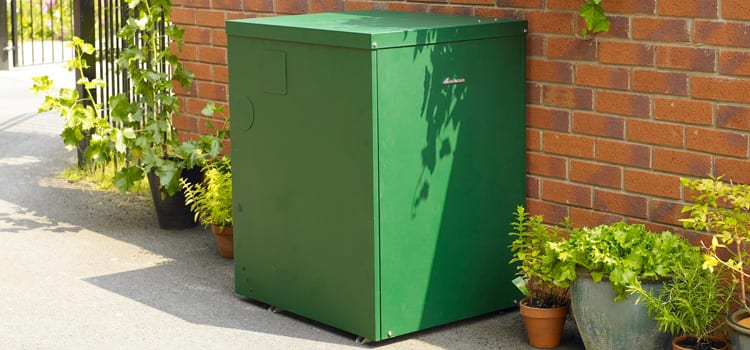Tips for Heating Oil Tank Maintenance

Oil Tank Maintenance Oil Tank Maintenance, in the vast majority of situations there is no real way of storing oil for your oil boiler other than in a large oil tank which is situated outside of your main property for both safety and logistical reasons. Unfortunately, this can make your precious oil vulnerable to theft. […]
Annual Oil Boiler Service Checklist

It is highly recommended that you get your oil boiler serviced once per year and the engineer should follow the steps in the oil boiler service checklist. An oil boiler service guarantees that your heating system is running at its optimum levels of efficiency and makes sure that no oil (and, to that end, money) […]